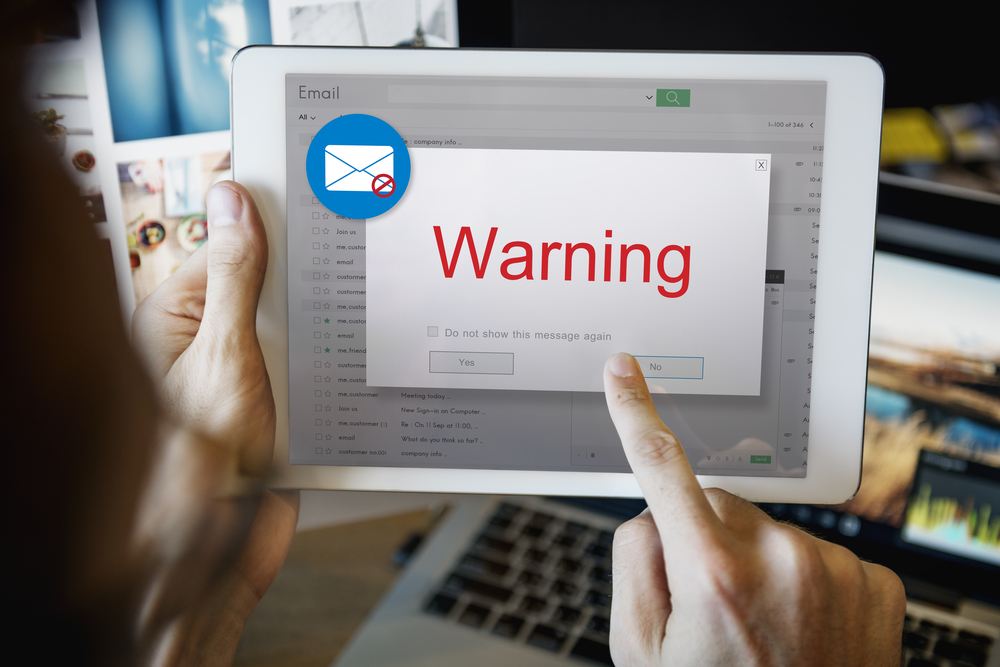Essential Insights on Computer Viruses and Antivirus Solutions
This article provides essential knowledge about computer viruses and how antivirus software offers protection. It explains different types of viruses, their effects, and highlights top antivirus providers to safeguard digital devices. Aimed at both personal and business users, the guidance emphasizes the importance of reliable security solutions to prevent data loss and system damage.

Understanding Computer Viruses and Protection Methods
Key facts about viruses and antivirus software
A computer virus is a malicious program that can severely harm your system, much like a biological virus affects health. Without antivirus protection, your device is vulnerable to infection, which can lead to system failure or data loss. Antivirus programs identify and eliminate viruses from files and external sources, safeguarding your personal data. Installing reliable antivirus software is crucial for maintaining computer health. Several options are available in the market, and choosing the right one can help prevent security breaches and data theft.
What effects do viruses have?
Viruses embed malicious code that multiplies and corrupts essential files, causing various issues in your system.
Slowing down your computer
Preventing the device from booting properly
Damaging system components or altering operation without detection
Stealing sensitive data from the device
Spreading across networks to infect other machines
Sending unauthorized messages
Overall, viruses pose a serious threat, making antivirus software indispensable for protection.
Categories of computer viruses
Viruses are mainly designed to damage or corrupt files, but some focus solely on espionage or theft. Below are the primary types:
Worms
These self-replicating viruses spread across devices, consuming system resources and slowing down performance.
Trojans
Malicious programs that alter system functions stealthily without user awareness.
Spyware/Malware
While not traditional viruses, malware or spyware collects personal information and spies on users without damaging files directly.
How top antivirus tools safeguard your PC
Antivirus programs detect, quarantine, and remove viruses to keep your system secure. They also defend against external threats and protect data integrity.
Regular scanning of files detects malicious code based on signature databases.
Heuristic analysis helps identify suspicious behavior that may indicate infection.
Once threats are detected, the software eradicates the malware, ensuring system safety.
Leading antivirus providers
Cyber threats can be devastating, but trusted antivirus solutions can prevent data mishaps. Here are some top brands:
Avast – Avast Business Antivirus Pro
Symantec – Symantec Endpoint Protection
Bitdefender – GravityZone Business Security
Avira – Endpoint Antivirus
Kaspersky – Endpoint Security Cloud
Webroot – SecureAnywhere
F-Secure – Client Security Standard
Sophos – Endpoint Protection Advanced
McAfee – AntiVirus Plus
ESET – NOD32 Antivirus
Most of these solutions offer features like safe browsing, firewall, application control, data protection, remote management, and privacy shielding, often with free trial options lasting around 30 days. Regular updates and user-friendly interfaces make them suitable for both personal and corporate use.










